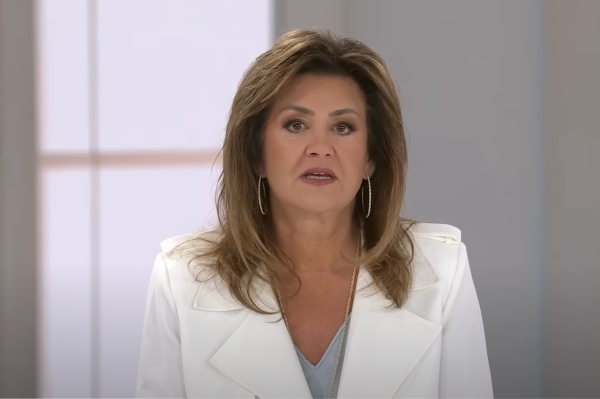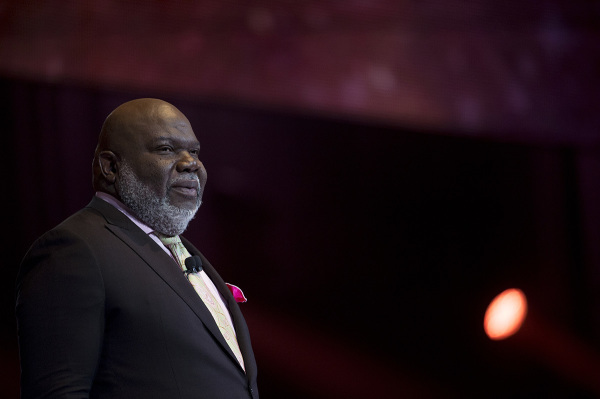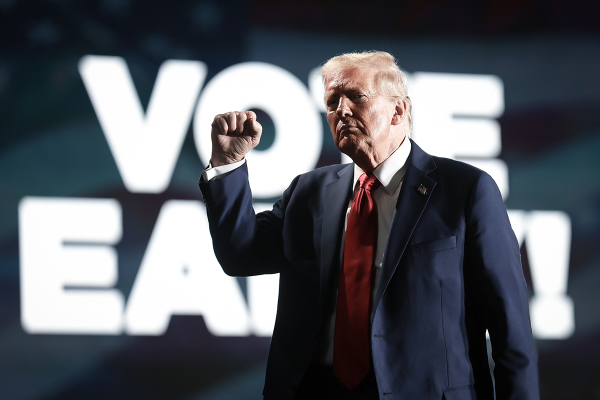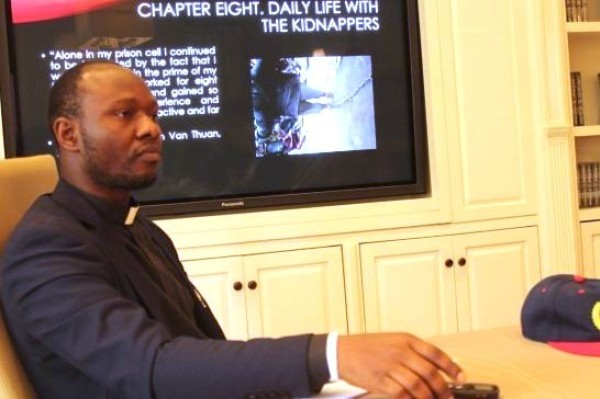Broadest Faith Groups to Inaugurate New U.S. Ecumenical Body
Christians from five traditions, including Roman Catholic, will officially inaugurate a new national ecumenical body next month.
Thirty-six churches and national Christian organizations representing over 100 million Christians will be the founding members of Christian Churches Together in the U.S.A. (CCT), which is said to be the only venue where all the major groupings of churches come together and also the most extensive ecumenical effort in U.S. history.
"The creation of Christian Churches Together in the U.S.A. is an exciting development in the ecumenical world. It is an opportunity to broaden the ecumenical table or perhaps more directly to invite more people into ecumenical conversation," said the Rev. Randall R. Lee, an executive for the ELCA (Evangelical Lutheran Church in America)’s Ecumenical and Inter-Religious Relations, in a statement.
After years of conversations, CCT made its official public flight and announced their formation in spring 2006, setting aside differences over theology and other issues and strengthening their Christian witness in the world.
The inauguration of the ecumenical body comes more than half a century after the National Council of Churches of Christ in the U.S.A. (NCC), a leading ecumenical cooperation, was founded. NCC members include a broad group of faith groups - Protestant, Anglican, Orthodox, Evangelical, historic African American and Living Peace churches.
While the vision to form CCT was initially viewed as a replacement for the NCC by many leaders three years ago when the national body suffered a financial crisis, both groups developed over the years to serve different functions.
And CCT claims to do something the NCC and the National Association of Evangelicals, a more conservative Christian body, have not been able to do – bring together Christians from five traditions. These include Evangelical and Pentecostal, Orthodox, Protestant, racial and ethnic, and Roman Catholic.
CCT's historic effort highlights its ability to bring evangelicals and mainline denominations together and also to bring Pentecostals and Roman Catholics to the same table.
Pentecostals and Roman Catholics have not been involved directly (as members) in the ecumenical movement in the United States, said Lee.
"This effort is crucial for the Christian Church in an increasingly diverse religious landscape in the United States," said the Rev. Jon S. Enslin, who represented the ELCA at formative meetings of the CCT, according to the ELCA News Service. "In our early meetings it became apparent that our mutual commitment to Christ transcended differences we have with each other, although those differences are real and significant."
Some have argued that the broad spectrum of faith groups will "paralyze" the organization or make it "unable to say anything of significance," said Lee, who noted that the new body will not move ahead on anything unless most of its partners agree.
But Lee responded, "It is possible to frame both theological conversation and practical conversation in ways that everyone can agree that what is being articulated is an appropriate statement for the Christian church to make."
Enslin echoed a similar belief in the power of unity.
"When people of different denominations pray together and work beside each other, differences lose the power to divide," he said.
The inauguration service is scheduled for Feb. 7 at Fuller Theological Seminary in Pasadena, Calif.






















